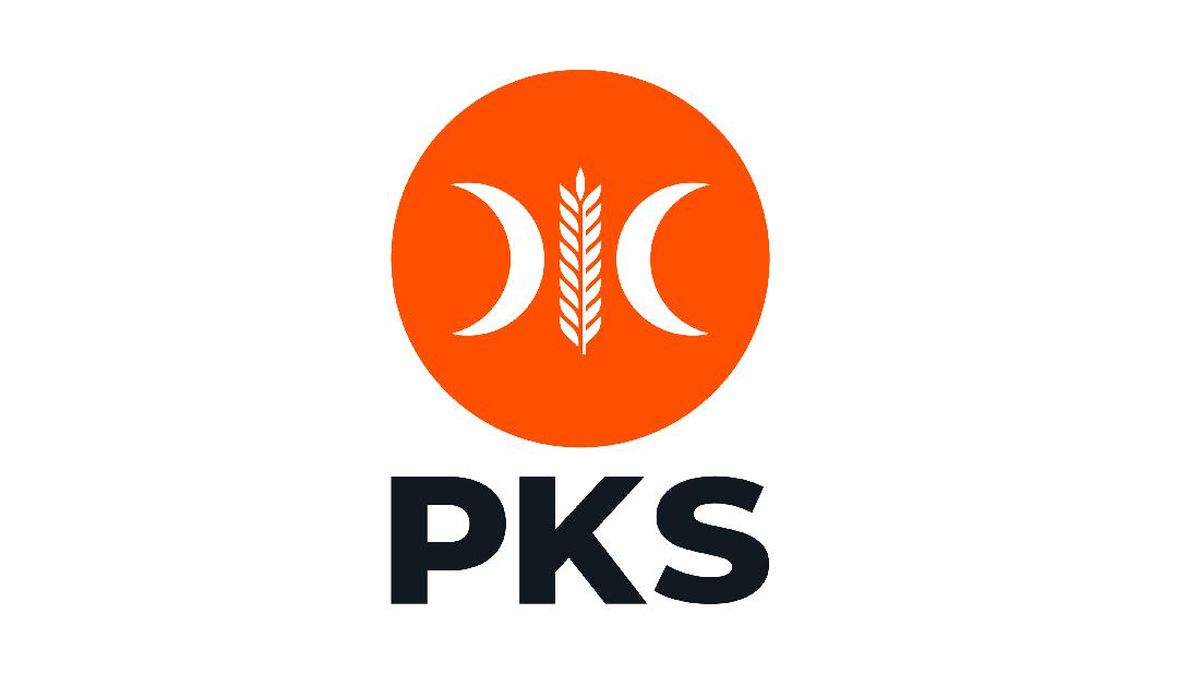Unseasonably high flu cases are leading to an uptick in visits to NSW emergency departments while COVID infections continue to increase heading into the festive period.
Influenza cases jumped 33 per cent in the first week of November and continued to circulate at higher-than-usual levels last week, the latest NSW Health respiratory surveillance data shows. Around 400 people visited NSW emergency departments with influenza-like illnesses last week.

NSW is experiencing higher-than-usual flu cases in November.Credit: The Sydney Morning Herald
NSW Health’s Dr Jeremy McAnulty said the total number of flu cases this year had been higher than recent years despite the winter flu season peaking lower.
“It’s been quite unusual in that we’ve seen this extended period of flu throughout the season, extending … to where we are almost in summer,” McAnulty said. “Earlier this year we saw the not-unusual increase in summer from what, we believe, was people travelling, and it never went down as far as we’d like.”
The high levels heading into summer are mostly being driven by influenza A, McAnulty said. Type B, which can cause more severe illness in children, made up about a quarter of cases in the winter flu season but has mostly disappeared from circulation.
McAnulty said the symptoms were similar for all three predominant strains of influenza seen this year.
What can I do to protect myself?
The best way to prevent flu-like illnesses is to get vaccinated, McAnulty said.
“It’s never too late to get the flu shot,” he said. “There’s plenty of vaccine around.”
Vaccination rates are lower than previous years – only 24 per cent of children under 5 years, and 58 per cent of people over 65 have received their flu shot in NSW this year.
Those who have already received a vaccine this year shouldn’t need another as the immunity usually lasts for months, but McAnulty said anyone who is particularly concerned should speak to their GP. The exception is children under nine who haven’t been vaccinated, who need two vaccines for full coverage.
Good hand hygiene, gathering in well-ventilated areas, and not visiting aged care facilities when sick are ways to reduce the risk of spread heading into the warmer weather, McAnulty said.
COVID cases are relatively stable. “We’re hoping they’ll remain low over Christmas,” McAnulty said.
Next-generation vaccines on the horizon
An mRNA-based flu vaccine developed by Pfizer is 34.5 per cent more effective against influenza-like illness compared to current immunisations, a large trial in more than 18,000 patients found.
The phase-three human trial, the results of which were published in the New England Journal of Medicine on Wednesday, showed the vaccine triggered a stronger immune response and was safe despite recipients reporting higher levels of mild side effects.
These included fatigue, headache, muscle pain, and fever which normally subsided after a day or two. There were no cases of myocarditis (heart inflammation), which was a concern with early mRNA vaccines, including those developed during the COVID-19 pandemic.
The next step is for Pfizer to submit the drug for approval by the Therapeutic Goods Administration (TGA).
Associate Professor Vinod Balasubramaniam, a molecular virologist and immunity researcher at Monash University, said the research was a “significant step” but the new vaccine would likely be a complementary tool, “not a one-size-fits-all solution”.
“The decision to get this vaccine will involve weighing a higher chance of a day or two of side effects against a better chance of avoiding the flu altogether,” he said. “The lack of proven benefit in the elderly means that for now, existing ... vaccines remain the best option for older Australians.”
Start the day with a summary of the day’s most important and interesting stories, analysis and insights. Sign up for our Morning Edition newsletter.
Most Viewed in National
Loading


















































